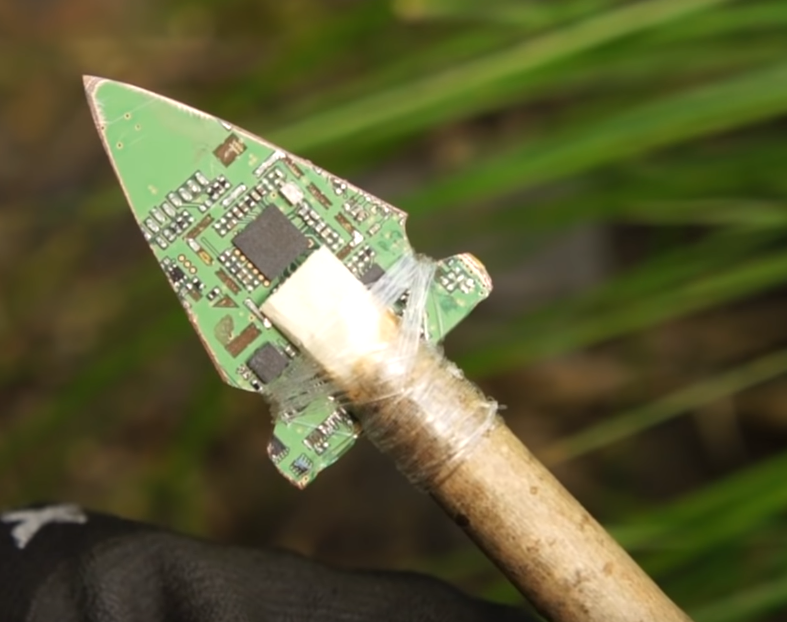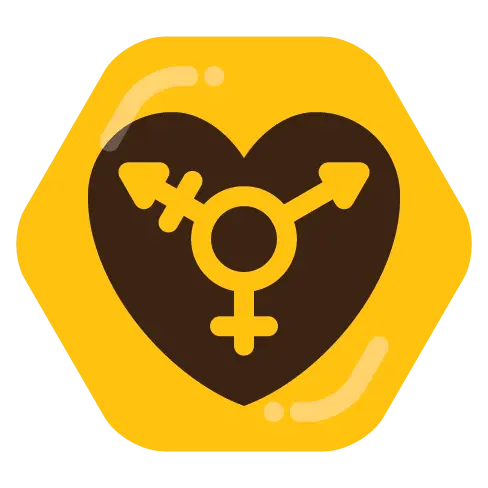Hey all,
So I’m looking to take an active step here to understand better some things that my straight/white/cis/middle-aged male brain has had a tough time wrapping itself around, particularly in the gender identity front.
I’m working from the understanding of physical sex as the bio-bits and the expressed identity as being separate things, so that part is easy enough.
What’s confusing to me though is like this. If we take gender as being an expression of your persona, a set of traits that define one as male, female, or some combination of both then what function does a title/pronoun serve? To assume that some things are masculine or feminine traits seems to put unneeded rigidity to things.
We’ve had men or women who enjoy things traditionally associated with the other gender for as long as there have been people I expect. If that’s the case then what purpose does the need for a gender title serve?
I’ll admit personally questioning some things like fairness in cis/trans integrated sports, but that’s outside what I’m asking here. Some things like bathroom laws are just society needing to get over itself in thinking our personal parts are all that special.
Certainly not trying to stir up any fights, just trying to get some input from people that have a different life experience than myself. Is it really as simple as a preferred title?
Edit: Just wanted to take a second to thank all the people here who took the time to write some truly extensive thoughts and explanations, even getting into some full on citation-laden studies into neurology that’ll give me plenty to digest. You all have shown a great deal of patience with me updating some thinking from the bio/social teachings of 20+ years back. 🙂


I personally don’t think it makes sense. That’s not to say it isn’t real (its just as real as sex is). But it would be good to at least know that gender isn’t generally about following social expectations. OTOH, conforming to social expectations can be a way to signal one’s gender if its not as clear, so some overemphasize those traits for that reason. And others have felt the need to suppress their own self-expression when they were eggs and have lost time to make up for. For some, the social aspect of gender is very important and for others, its not. For others, its much more focused about making their body match their brain’s expectations.
So with that would it be fair to say that there are different ‘types’ of trans then? IE: some that are fine with the hardware they where given but not with the expectations on their persona that go along with it?
I would say that’s the case. As Emma pointed out, trans is an umbrella term. It includes everything from binary trans men to binary trans women to agender to multigender and gender fluid and more. If for any reason your gender doesn’t match the one assigned by society, you can consider yourself trans.
And I don’t mean that to imply some people are only “technically” trans but not really trans, but rather there are also people who don’t consider themselves cis or trans. Seems pretty common among some people in the agender (which is also a bit of an umbrella term with lots of diversity within it) communities. Granted, some of that seems to be internalize transphobia or a fear of being seen as trying to take attention away from “real” (their words, not mine) trans people. But another reason is the trans label comes with some expectations that many agender people want to avoid. Either way, I think its good to recognize people’s self-determination of whether they are trans or not. A lot of agender people express confusion at gender and lots wish to be freed of gender in society. Of course there are binary trans people who are also gender abolitionists, but the sentiment seems to be expressed with less frequency. Even without gender, many trans people would still need services currently labeled “gender-affirming care”.